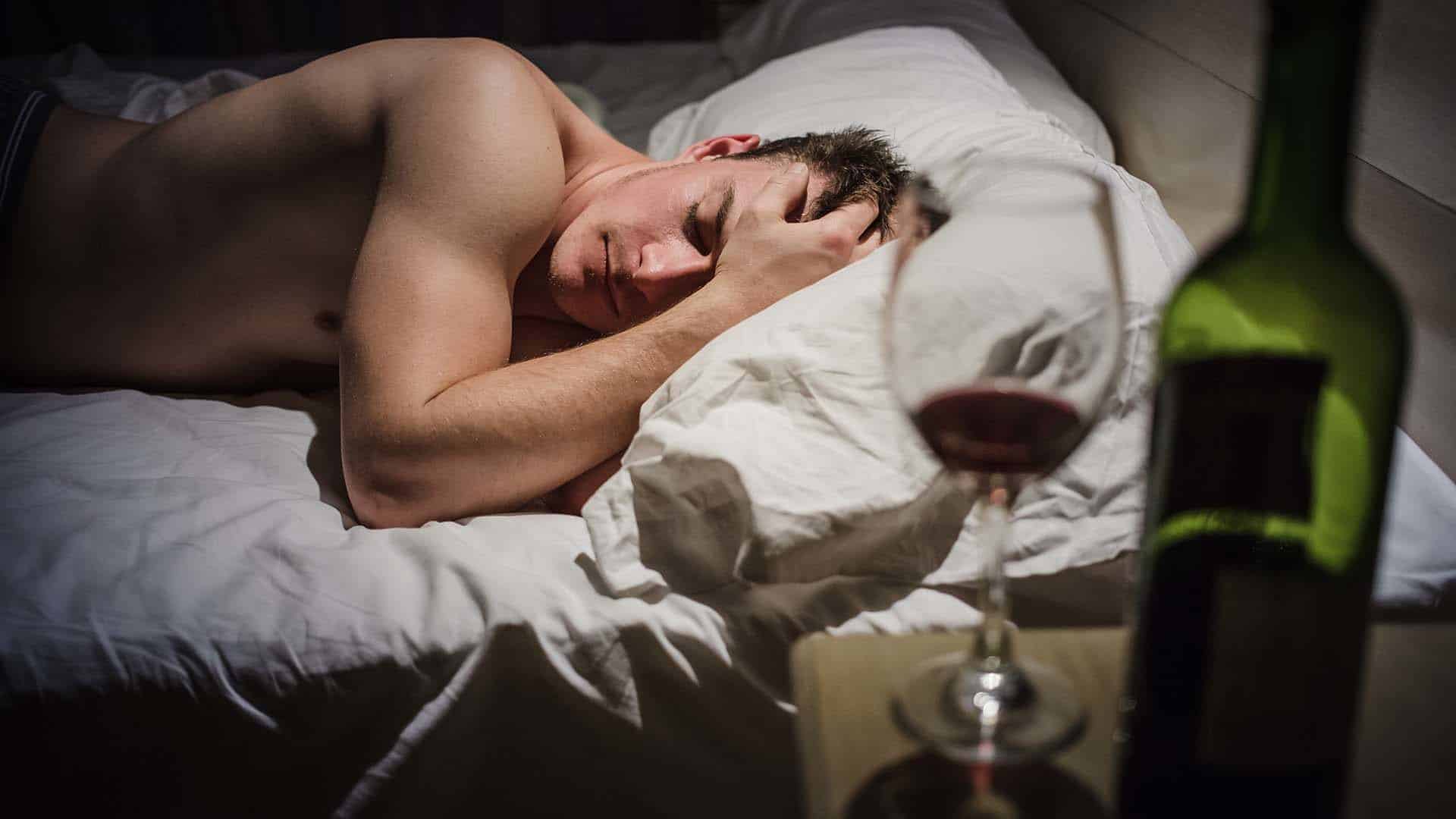
“Why Am I Getting Drunk So Quickly?”
Have you ever wondered why you feel tipsy after a couple drinks, while a friend you’re with is acting completely sober after drinking more than you?
This actually has to do with a bunch of factors — from your genetics to what you did right before drinking. So whether you regularly get drunk much quicker than everyone else or you’re noticing your tolerance has gone down, keep reading to figure out why this could happen:
The Process of Getting Drunk
In basic terms, you get drunk when you drink alcohol faster than your body is able to break it down. When alcohol is in the system, the liver does its job of breaking it down into acid. From there, the rest of your body starts responding: your brain releases serotonin, the cells communicate more slowly, and you begin to feel the effects. Signs of being drunk can include:
- Feeling happy in early stages of intoxication
- Slurred speech
- Balance & coordination problems
- Confidence, lack of inhibition
Some people start feeling fuzzy and acting more social after one glass of wine; some can drink all night without showing any symptoms. Ultimately, it has to do with your blood alcohol level. Your BAC can be affected by several factors, which determines how quickly you get drunk:
Feeling Drunk After A Couple Drinks? Here’s Why:
Here are some reasons you might be getting drunk more quickly than others or feeling signs after fewer drinks than normal:
Higher alcohol percentage
This one’s pretty obvious. The higher the alcohol content in the type of drink you’re sipping, the more likely you are to feel drunk from it.
Your mixer of choice
Mixers like soda and energy drinks can make you feel effects faster due to their acidity.
Not eating before drinking alcohol
If your stomach is empty, there’s nothing to soak up all that alcohol you’re drinking.
Lack of sleep
If you changed time zones or didn’t sleep well the night before drinking, you might start to feel it sooner than usual.
Dehydration
Water, water, water. We can’t stress this enough. Water keeps the body from feeling the effects of alcohol too quickly.
Taking medication
Mixing over-the-counter drugs, prescriptions, or marijuana with alcohol can intensify its effects.
Body size
People who are smaller in body size or have lost weight recently are more likely to feel tipsy sooner than others.
Drinking while sick
When you’re sick, your body is likely dehydrated; and like we mentioned above, dehydration is bad news.
Genetic factors
Age, gender, race, and other parts of your genes can determine how drunk you may get. For example: women tend to feel symptoms more quickly than men, and those over 25 are more likely to get a hangover than someone younger than them.
Drinking Responsibly
This may sound like a lot, but don’t worry. Drinking can be fun when it’s done responsibly and when you’re watching out for yourself. Here’s some tips and ideas for precautions you can take before planning to drink in order to avoid a bad drunk night:
- DRINK WATER. You most likely know this one by now.
- Eat a hearty meal before going out
- Don’t drink if you’re sick
- Take a nap before drinking if possible
- Don’t mix drugs with alcohol
- Track how you feel after each drink
As long as you’re watching what you’re doing and taking the right steps to ensure you won’t get too drunk, you’re set to have a fun and responsible night.
If you have any questions about alcohol consumption or abuse, we’re here to help. Contact the Admissions team by calling 866-488-8349 and talking to one of our skilled professionals. We can not only give you advice for responsible drinking, but also help you take the following next steps if you notice a problem arise in yourself or a loved one.
Sources
https://www.menshealth.com/health/a19548133/6-surprising-things-that-get-you-drunker-quicker/
Explore this article:
Explore Our Facilities
Drug and alcohol detox and residential treatment for addiction and mental health disorders
Outpatient treatment center for substance use disorder and mental health disorders
Outpatient treatment center for substance use disorder and co-occurring mental health disorders







